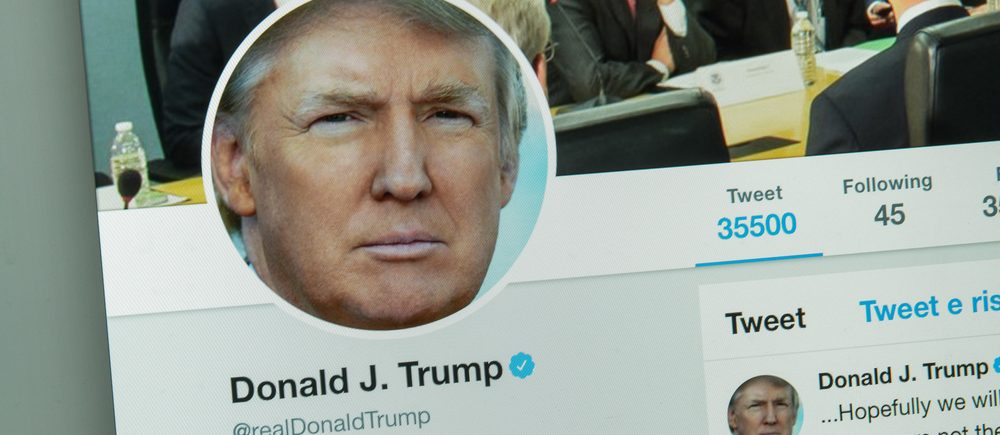The Israel-Iran conflict, now in its sixth day as of June 18, 2025, has taken a new turn with U.S. President Donald Trump hinting at potential talks with Iran, stating “anything could happen” in the Middle East. His remarks, reported by Reuters, BBC, and The New York Times, come as Israel’s “Rising Lion” operation cripples Iran’s nuclear program, while Iran’s missile strikes escalate tensions. This article argues that Trump’s mixed signals—balancing diplomacy with military pressure—offer a narrow window for de-escalation but risk further destabilizing global markets, as evidenced by tumbling oil and gold prices. Urgent international diplomacy is needed to prevent a broader conflict.
Israel’s Strikes and Iran’s Retaliation
Israel’s air campaign, launched on June 12, has severely disrupted Iran’s nuclear infrastructure. The Guardian reports that strikes destroyed 15,000 centrifuges at Natanz, with Rafael Grossi, IAEA director general, confirming significant damage. Israel also eliminated key military figures, including Ali Shademani, who held his post for four days, per Jewish News. Prime Minister Benjamin Netanyahu, speaking to the Associated Press, claimed the strikes set Iran’s nuclear program back “a very long time.”
Iran’s response has been aggressive but less effective. Iranian state TV, cited by Reuters, reported missile attacks on Tel Aviv and Haifa, killing 24 civilians. Israel’s Iron Dome and mandatory safe rooms since 1992 have mitigated losses. Esmaeil Baghaei, Iran’s Foreign Ministry spokesperson, called the strikes “legitimate self-defense,” targeting Israeli military sites. However, Iran’s weakened proxies, like Hamas and Hezbollah, leave it isolated, per Energy Intelligence.
Key Israeli Sites Targeted by Iranian Missiles
Iran’s “True Promise 3” operation unleashed a barrage of ballistic missiles, causing widespread damage in Israel, per Al Jazeera and The New York Times. The Kirya defense complex in Tel Aviv was hit, with Israel Army Radio reporting fires nearby. Fox News noted damage to a critical building on Menachem Begin Street during a meeting of Prime Minister Netanyahu and Defense Minister Yisrael Katz. The Weizmann Institute in Rehovot, described by Tehran as Israel’s “nuclear brain,” suffered severe damage, with fires in its labs, per The New York Times. In Ramat Gan, nine buildings were destroyed, and hundreds of apartments and vehicles damaged, according to Haaretz. Air bases like Nevatim and Tel Nof were also struck, with Iran’s Revolutionary Guard claiming hits on command centers using Sejjil and Khorramshahr-4 missiles, causing power outages in central Israel, per Yedioth Ahronoth.
Trump’s Diplomacy and Market Volatility
Trump’s comments on June 18, reported by Reuters, signal a possible shift. He announced a meeting to discuss the Israel-Iran conflict, stating, “I haven’t closed the door on meeting Iran,” and emphasized ending the Middle East conflict quickly. However, he also claimed Iran was “a few weeks away from a nuclear weapon” and reiterated that Iran “should have made the deal,” per NBC News. His remark that “anything could happen” regarding Iran’s regime, coupled with openness to hosting Iran at the White House, has fueled uncertainty. This led to WTI crude prices dropping from $73.94 to $72.14 and gold prices falling from $3,380 to $3,368, per market reports.
European leaders are pushing for de-escalation. EU High Representative Kaja Kallas, after talks with Iran’s Foreign Minister Abbas Araghchi, stressed diplomacy, per The Guardian. European Commission President Ursula von der Leyen and European Council President António Costa, at the G7 summit, urged negotiations to prevent Iran’s nuclear weapon development, per The New York Times. UK Prime Minister Keir Starmer warned that “significant destabilization serves no one,” per The Guardian.
Pathways to Stability
Israel’s success mirrors its 1981 Osirak strike, but neutralizing Iran’s fortified Fordow site may require U.S. bunker-busting bombs, risking escalation, per Reuters. Iran’s potential use of “dirty bombs,” warned by Jewish News, and threats to block the Strait of Hormuz, which carries 20% of global oil, per Le Figaro, heighten risks. Egypt’s energy crisis, exacerbated by the Leviathan gas field shutdown, underscores regional fallout, with Reuters reporting 290 LNG cargoes secured through 2027.
The G7, excluding Trump, drafted a de-escalation statement, per The Guardian, while Russia’s Vladimir Putin and Turkey’s Recep Tayyip Erdogan offered mediation, per BBC. The East Mediterranean Gas Forum could stabilize energy markets, per Reuters. Without swift UN or EU-led diplomacy, the conflict risks spiraling, threatening global stability.

Trump, Twitter
 Noor Trends News, Technical Analysis, Educational Tools and Recommendations
Noor Trends News, Technical Analysis, Educational Tools and Recommendations

